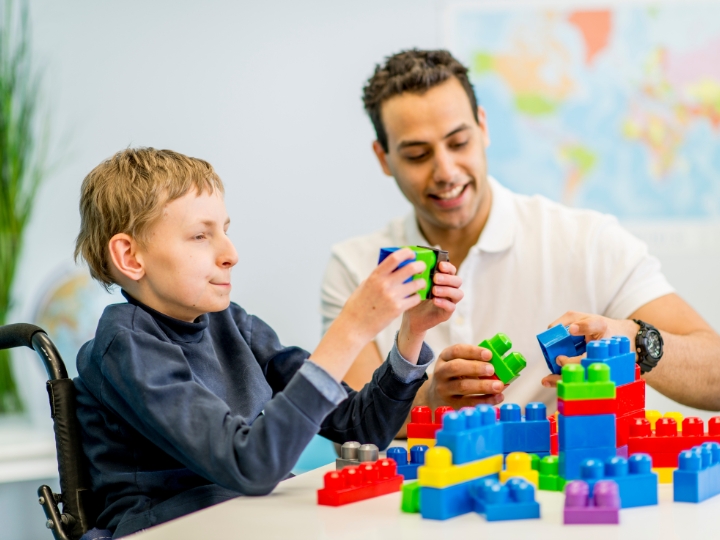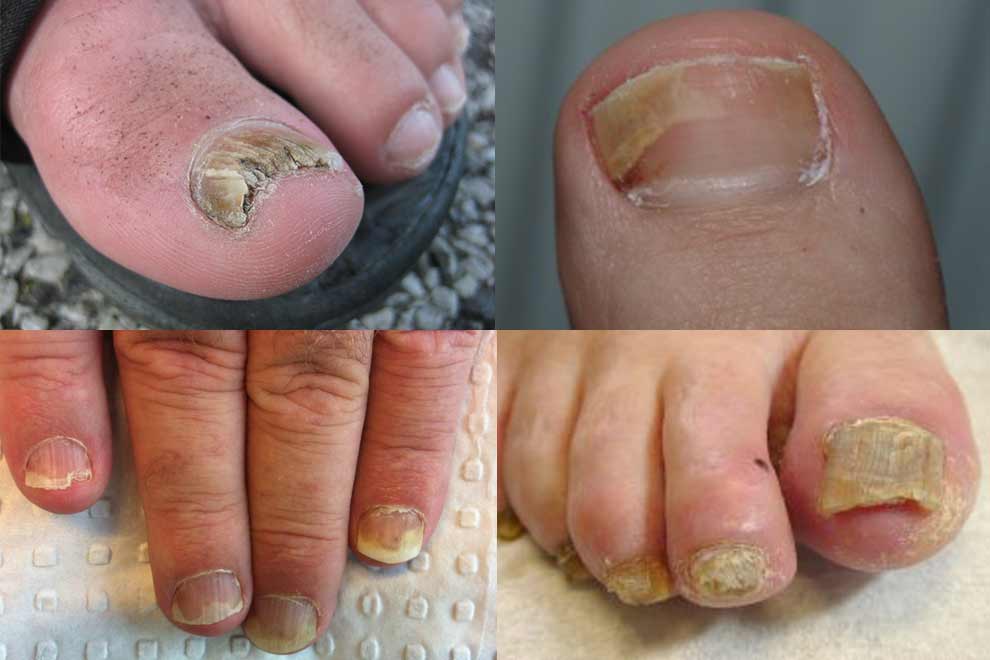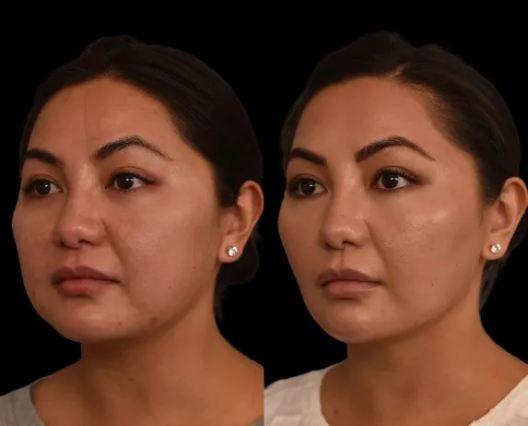Music and art therapy can play a valuable role in supporting children with (GDD). By engaging in structured creative activities, children can develop communication, motor, cognitive, and social skills in a supportive and enjoyable environment. These therapies complement other global developmental delay treatment Sydney options, offering a holistic approach to enhancing a child’s overall development.
Understanding Global Developmental Delay in Children
Global developmental delay is a condition that affects multiple areas of a child’s development, including motor skills, speech and language, cognition, and social-emotional growth. Children with GDD may face challenges in everyday activities, learning, and interacting with peers.
Early intervention is crucial to support a child’s growth. Evidence-based therapies such as occupational therapy, speech therapy, and specialised educational programs are commonly recommended. Additionally, creative interventions like music and art therapy can significantly enhance developmental progress, offering children an engaging way to explore skills that might otherwise be difficult to practise.
The Role of Music Therapy in GDD Support
Music therapy involves structured musical activities designed to support physical, emotional, and cognitive development. For children with global developmental delay, music can be particularly beneficial because it stimulates multiple areas of the brain simultaneously.
Benefits of Music Therapy
- Enhancing Communication Skills: Singing, rhythm exercises, and musical instruments can encourage verbalisation and improve speech patterns.
- Supporting Motor Development: Playing instruments and moving to music strengthens fine and gross motor skills.
- Boosting Social Skills: Group music sessions foster turn-taking, collaboration, and empathy among peers.
- Emotional Regulation: Music can help children express emotions, reducing frustration and anxiety.
Research has shown that music therapy is effective in engaging children who may struggle with traditional therapies. Structured programs led by trained professionals can tailor activities to each child’s abilities and developmental needs, enhancing outcomes across multiple areas.
How Art Therapy Supports Developmental Skills
Art therapy uses creative processes such as drawing, painting, and sculpting to support developmental growth. Through art, children can explore their emotions, improve problem-solving skills, and enhance cognitive and motor abilities.
Key Advantages of Art Therapy
- Fine Motor Skill Development: Activities like drawing, cutting, and painting strengthen hand-eye coordination.
- Cognitive Growth: Planning, sequencing, and imaginative play during art activities stimulate critical thinking.
- Emotional Expression: Art provides a non-verbal outlet for children who may find communication challenging.
- Social Engagement: Collaborative projects encourage social interaction and teamwork.
Professionals in art therapy adapt sessions to the child’s abilities, gradually introducing new challenges to promote skill development. Over time, children may gain confidence, independence, and improved focus through creative engagement.
Combining Music and Art Therapy for Holistic Development
Many children benefit from a combined approach that incorporates both music and art therapy. This multidisciplinary strategy addresses multiple developmental areas simultaneously.
- Integrated Skill Development: While music therapy enhances auditory and motor skills, art therapy complements these gains with fine motor and visual-spatial skill improvement.
- Increased Engagement: Children often enjoy creative therapies more than traditional exercises, increasing motivation and participation.
- Emotional and Social Growth: Both therapies offer safe spaces for emotional exploration and peer interaction, fostering resilience and empathy.
Evidence suggests that children with global developmental delay may show significant progress when creative therapies are used alongside conventional interventions. Professionals can customise programs to match a child’s unique needs, ensuring a balanced approach to development.
Practical Tips for Parents and Caregivers
Parents play a vital role in supporting therapy at home. Here are some strategies to maximise the benefits of music and art therapy:
- Create a Routine: Incorporate short, structured creative sessions daily to provide consistency.
- Use Accessible Materials: Simple instruments, colouring materials, and safe art supplies encourage participation without overwhelming the child.
- Celebrate Progress: Focus on effort rather than perfection, reinforcing confidence and motivation.
- Collaborate with Professionals: Stay in regular contact with therapy professionals to align home activities with clinical goals.
- Encourage Exploration: Allow children to experiment with sounds, colours, and textures to promote creativity and self-expression.
By supporting therapy at home, parents can reinforce skills learned in sessions, enhancing overall developmental outcomes.
Choosing the Right Professionals
Selecting qualified professionals is critical for effective therapy. Look for:
- Certification and Experience: Ensure professionals are trained in paediatric music or art therapy.
- Personalised Approach: Choose providers who tailor activities to the child’s abilities and developmental goals.
- Collaborative Practice: Professionals should coordinate with other specialists involved in the child’s care.
- Positive Environment: A nurturing and encouraging setting helps children feel safe to explore and experiment.
Families in Sydney can explore specialised centres offering creative therapies alongside conventional global developmental delay in Sydney programs. Centres that integrate multiple therapies provide a comprehensive framework for supporting a child’s holistic development.
Evidence and Research Supporting Creative Therapies
Several studies highlight the benefits of music and art therapy for children with developmental challenges:
- Music therapy has been shown to improve speech, social engagement, and motor coordination in children with developmental conditions.
- Art therapy supports cognitive development, emotional expression, and fine motor skills.
- Combining these therapies with traditional interventions enhances motivation, engagement, and overall progress.
These underscore the importance of a holistic, child-centred approach. Parents and professionals can use creative therapies to complement conventional treatment plans, tailoring interventions to each child’s needs.
How to Integrate Music and Art Therapy with Traditional GDD Treatment
Integrating music and art therapy with other global developmental delay treatment Sydney strategies requires careful planning:
- Assessment: Start with a thorough evaluation of the child’s strengths, challenges, and goals.
- Collaboration: Professionals should coordinate with speech therapists, occupational therapists, and educators.
- Consistency: Maintain regular therapy sessions while reinforcing skills through home activities.
- Tracking Progress: Document developmental milestones and adjust therapy plans as needed.
- Flexibility: Adapt activities based on the child’s engagement, attention span, and preferences.
By combining creative therapies with established treatment approaches, children receive a well-rounded program that addresses their developmental needs comprehensively.
Final Thoughts
Music and art therapy offer promising avenues for supporting children with global developmental delay. These therapies enhance communication, motor skills, emotional expression, and social interaction, complementing traditional interventions. Families seeking global developmental delay in Sydney can benefit from integrating creative therapies into a broader developmental plan. When used alongside conventional treatment, music and art therapy can help children thrive, unlocking potential in ways that are enjoyable, engaging, and sustainable.


